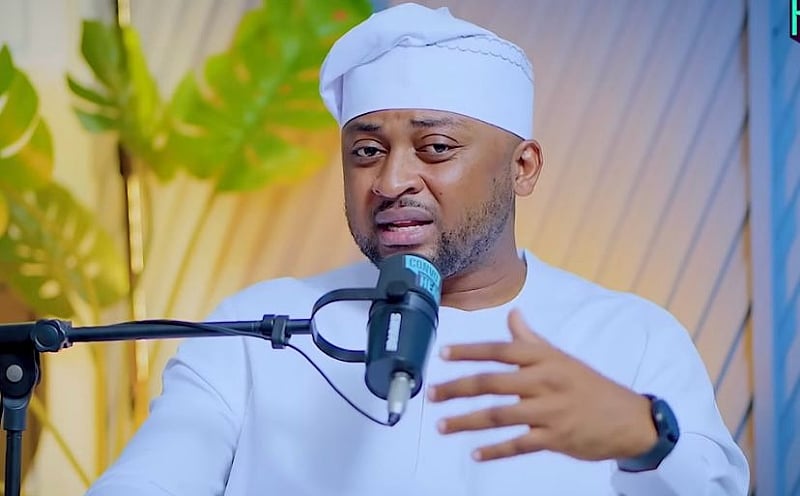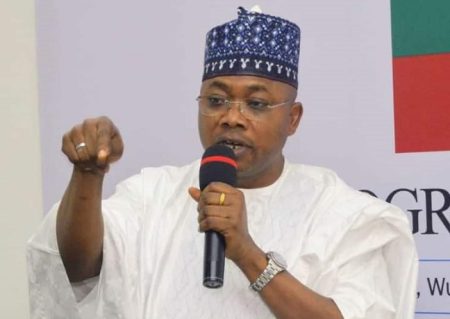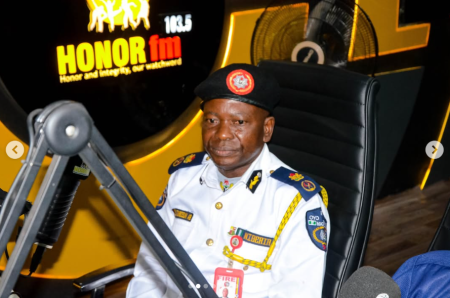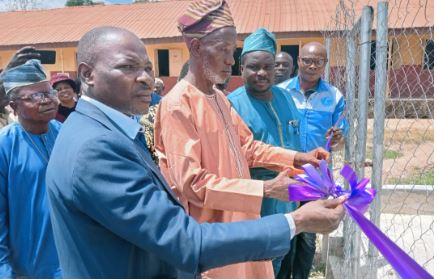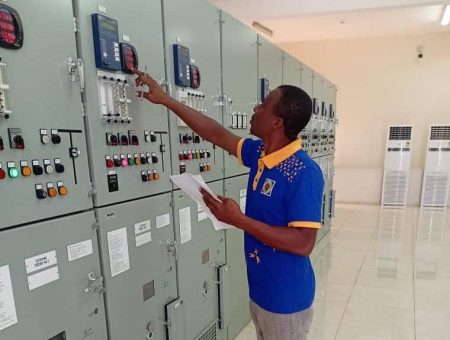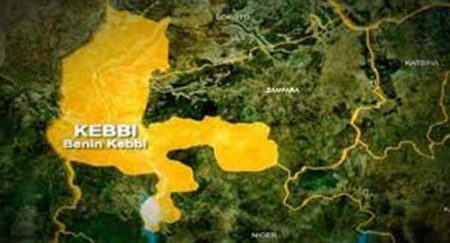The Member of Parliament for Old Tafo, Vincent Ekow Assafuah, has formally petitioned President John Dramani Mahama to expedite the passage of the anti-gay bill, invoking a certificate of urgency to prioritize its legislative process. This call to action stems from the recent dissemination of images depicting two men, purportedly South African nationals, engaging in intimate poses at significant national landmarks, including Independence Square and the Kwame Nkrumah Mausoleum. Assafuah’s petition, dated June 26th, characterizes these actions as a “spiritual insult” and a grave threat to the nation’s moral fabric. He argues that a failure to respond decisively will embolden what he terms a “creeping agenda” aimed at normalizing LGBTQ+ identities and practices within Ghana.
Assafuah’s appeal to President Mahama centers on a call for decisive moral leadership. He stresses the urgency of passing the anti-LGBTQ+ legislation, framing it as a necessary defense of Ghana’s deeply held cultural and religious values. The MP contends that the public display of affection by the two men at nationally symbolic locations constitutes not merely a social issue but a profound moral transgression that deeply offends the national conscience. He emphasizes the importance of protecting these national symbols from being “hijacked” for what he perceives as an agenda that contravenes the moral principles of the Ghanaian populace.
The petition underscores the perceived severity of the incident by drawing a parallel to the “Dumsor Levy,” a tax implemented to address Ghana’s energy crisis. Assafuah argues that if such a levy could be passed expeditiously under a certificate of urgency, then the protection of Ghana’s cultural identity from what he views as a moral threat should warrant even greater urgency. This comparison highlights the MP’s belief that the issue of LGBTQ+ rights poses a more significant threat to the nation than even a national energy crisis. He contends that the urgency with which the government addressed the energy crisis should serve as a precedent for the swift passage of the anti-gay bill.
The petition also invokes President Mahama’s past assurances to religious leaders, reminding him of a purported promise to sign the anti-gay bill into law if elected. This serves as a strategic appeal to the President’s sense of obligation and consistency, highlighting the perceived importance of upholding commitments made to religious communities. By reminding the President of this alleged pledge, Assafuah attempts to strengthen his argument for immediate action on the bill, framing it as a fulfillment of a prior commitment to the Ghanaian people.
Furthermore, the MP’s characterization of the incident as a “spiritual insult” reveals the deeply religious undertones of the opposition to LGBTQ+ rights in Ghana. This framing positions the issue not just as a matter of social norms but as a fundamental offense against religious beliefs and spiritual values. By invoking the language of spiritual offense, Assafuah seeks to mobilize religious sentiment in support of the anti-gay bill, portraying it as a necessary defense of Ghana’s religious identity. This strategy aims to broaden the base of support for the legislation by appealing to the deeply held religious convictions of a significant portion of the population.
In essence, Ekow Assafuah’s petition to President Mahama represents a fervent appeal for swift action against what he perceives as a moral and spiritual threat to Ghana. He argues that the incident at the national monuments demands an urgent response to safeguard the nation’s cultural and religious values, highlighting the symbolic importance of these sites and framing the actions of the two men as a deliberate affront to the Ghanaian people. The petition serves as a rallying cry for the swift passage of the anti-gay bill, employing both pragmatic and moral arguments to justify the urgency of the request.





